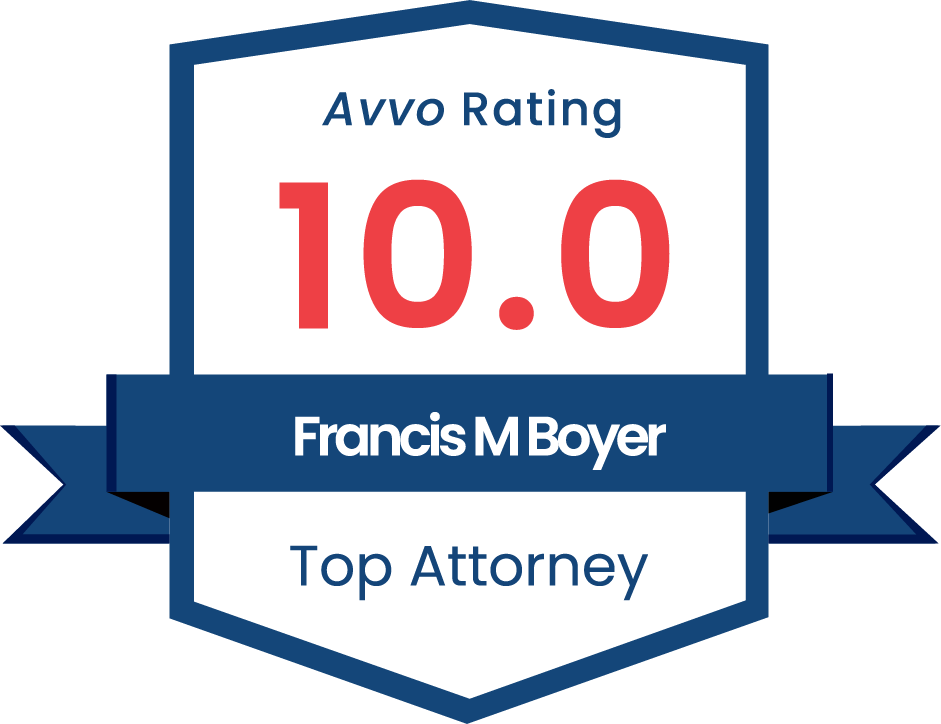

Representing Domestic and International Clients
An E1 Treaty Trader visa allows a national of a treaty country to be admitted to the United States solely to engage in international trade on his or her own behalf. Certain employees of such a person or of a qualifying organization may also be eligible for this classification.